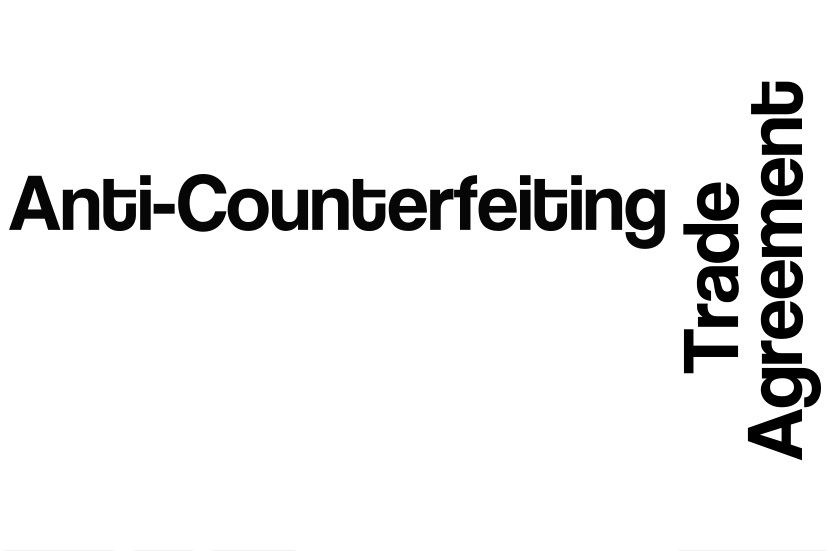Prospects For Global Anti-Counterfeiting Trade Agreement in 2010 Appear Dim
SAN FRANCISCO, September 9, 2010 — The European Union might drop out of a global intellectual property enforcement agreement between the United States, Japan and other countries because of too many compromises in the two most recent rounds of negotiations, said the European Union’s Trade Commissione

SAN FRANCISCO, September 9, 2010 — President Obama has touted his administration’s involvement in negotiating a global intellectual property enforcement agreement as a sign of how important his administration takes industry’s rights both domestically and abroad.
And the office of the United States Trade Representative has established a goal of wrapping up negotiations by the end of the year. But it turns out that the Europeans might now stymie that effort.
The negotiations over the details of how best to enforce intellectual property rights under radically different legal regimes around the world, and over the scope of enforcement has proved to be a contentious issue — making it look as if negotiators may not be able to strike a deal by the end of the year as promised.
On Wednesday the European Union’s Trade Commissioner Karel de Gucht threatened to walk out of the talks because its negotiators had compromised too much.
“I remain firmly convinced of the importance of tackling the systematic and widespread abuse of European intellectual property around the world, and of the essential contribution that ACTA can have towards this goal,” he said in a speech to the European Parliament Wednesday. “This is why I remain committted to the success of the negotiations. However, if at the end of the process the EU is faced with a treaty without much concrete added value for our rights-holders, or with a treaty that tries to establish that there are first or secondary classes of intellectual property rights, we should be prepared to reconsider our participation.”
De Gucht was reacting to the latest August draft of the Anti-Counterfeiting Trade Agreement. He made the statement to several members of the European Parliament, many of whom are skeptical about the agreement themselves.
Silicon Valley technology companies earlier this year had voiced deep concerns about the secondary liability provisions of the agreement, which could have changed current law to subject internet intermediaries to the infringing activities of their users.
The latest August draft of the agreement addressed those concerns and changed the language to suggest that businesses from both the content and technology sides should simply be encouraged to work together to find a solution.
DeGucht suggested that this was a compromise that had gone too far.
“On the digital environment, the internet, which is one of the most sensitive, but one of the most innovative of the chapters of ACTA, there was a considerable step back in the last round, with the parties unable to agree on a common liability exemption regime for internet service providers,” he said.
US negotiators also want to restrict the agreement’s scope to copyrights and trademarks, but the EU wants it to cover all forms of intellectual property. De Gucht pointed to that difference as another major sticking point.
“Another area of disappointment for the EU is the issue of which intellectual property rights will be covered,” he said. “The problem is that several of our partners insist that only copyrights and trademarks deserve to be protected under ACTA — we firmly disagree, and will continue to push for these EU rights to be protected.”
Many members of the European Parliament remain skeptical about both the substance and process of reaching an agreement.
That skepticism was formalized Wednesday in the form of Written Declaration 12, which was first drafted earlier this year, and just approved Wednesday with over half of the 736 members of parliament signing it.
Many of the policy disagreements between the various countries at the negotiating table are complex, and that’s why it’s hard to see how negotiators can arrive at a conclusion when they meet in Japan later this month, said Erika Mann, the Computer and Communications Industry Association’s vice president in charge of European policy issues in Brussels.
CCIA opposes the agreement’s section on enforcement policies in the digital world, saying that it could expose US companies to huge legal liabilities.
If negotiators do manage to reach an agreement at the end of the month, the European Parliament would have to vote to ratify it after the commission signs off on it. The agreement would then have to be further ratified by every single legislature of the EU’s member countries for it to become effective in those countries.
Though the written declaration indicates members of the EU parliament’s disapproval of ACTA so far, there’s no guarantee on whether they will ultimately vote to approve or block the measure, Mann said.
Michael Geist, a professor of intellectual property law at the University of Ottowa, notes that the EU’s effort to expand the scope of the agreement may be the dealbreaker.
“From the U.S. perspective, however, this may be a line-in-the-sand issue since their inclusion would require domestic law reform, which the USTR has repeatedly promised would not be needed (and which sends the treaty to Congress in an election year),” he wrote in this blog on Wednesday.
The ACTA is one legal tool that the US and several of its trading counterparts around the world hope to use to better crack down on online piracy and on the international trafficking of counterfeited goods. The US Chamber of Commerce and the Business Software Alliance, among many other groups , have endorsed the agreement.
Signatories include the United States, Europe, Japan, New Zealand, Morocco and several others (but notably not China or Russia.)
The next round of talks are scheduled to take place in Japan between September 21st and October 1.








Member discussion